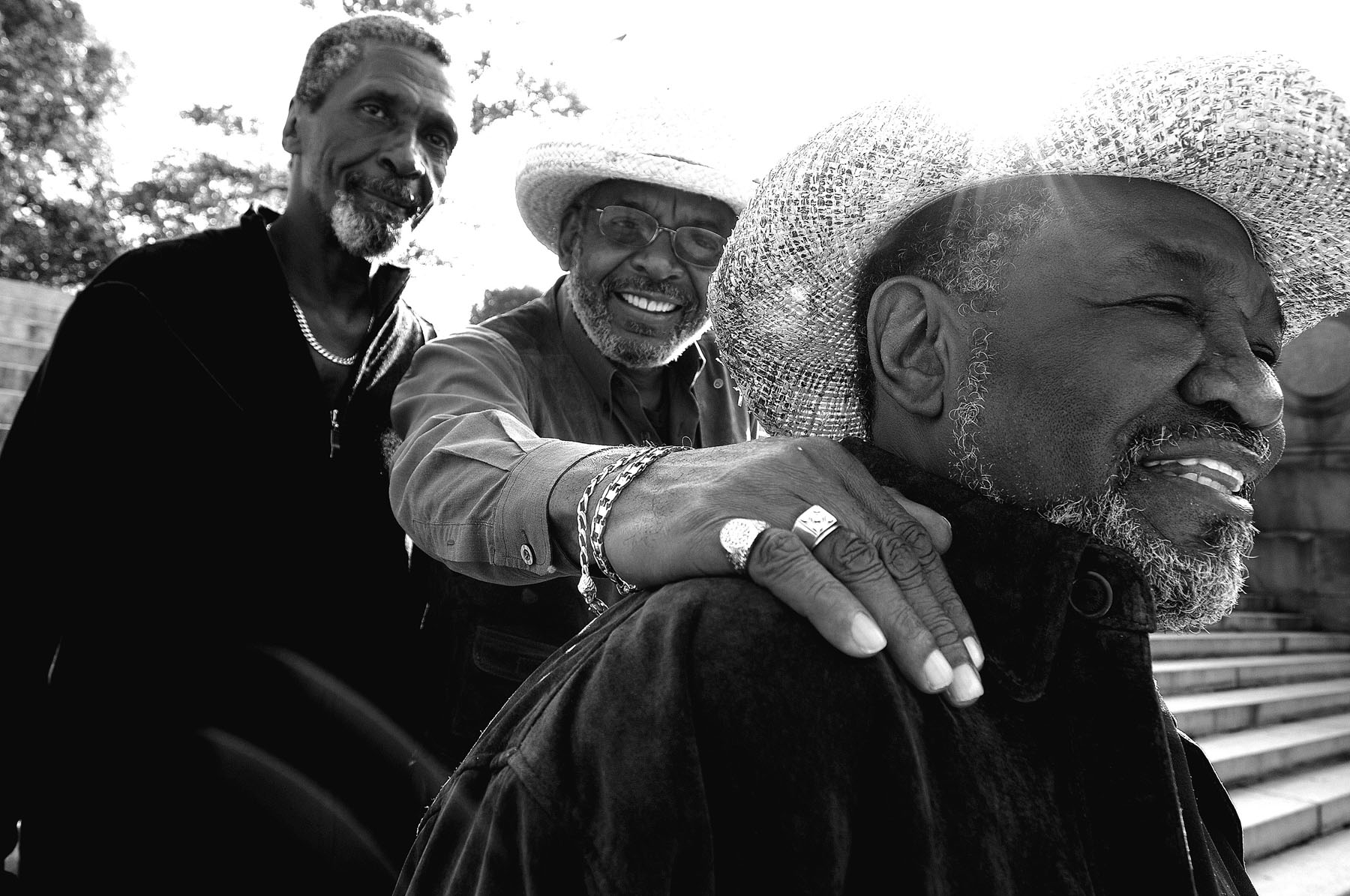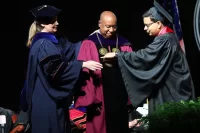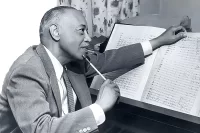
Concert of Javanese music to be held
Featuring a music master from Java and an American expert in gamelan music, the Bates College Javanese Gamelan Ensemble performs traditional Indonesian music at 4 p.m. Friday, April 5, in the Perry Atrium of Pettengill Hall. The concert is free and open to the public.
Gamelan music is played by a large ensemble using mostly percussion instruments – drums, tuned gongs and a variety of pieces akin to xylophones – along with voice, bamboo flute and a two-string instrument similar to a fiddle. Gamelan’s roots go back at least to the ninth century A.D., and today’s music also shows a variety of influences, notably Chinese, Indian and Arabic.
In structure and sound, gamelan music can be surprising to the unaccustomed ear. The percussion instruments create pure, sustaining tones that seem to come from all directions. The musical structure emerges from a sort of social order within the ensemble – one family of instruments laying out the basic melody, another elaborating on it, the different gongs cueing phrases and transitions.
The Indonesian islands of Bali and Java have distinctly different gamelan styles, although the two share instruments and musical fundamentals. “The Javanese style generally tends to be more mellow and stately,” where the Balinese is typically harder-edged and busier, even frenetic, explains Rose Pruiksma, director of the gamelan ensemble at Bates.
Pruiksma, a lecturer at Bates since 2001, is a clarinetist and a specialist in French court music and ballet of Louis XIV’s era. While there seems to be some distance between 17th-century French court music and gamelan, Pruiksma points out that the latter is also court music, evolved as an important part of royal ceremony on Java.
In addition to Pruiksma and the 10 or so students in the gamelan ensemble, the concert features Pak Kuwat, a music master from Banyumas, a community in west central Java. Kuwat, who is accomplished on every instrument in the gamelan, has worked with the Bates players since the beginning of March. Also performing is singer, composer and scholar Jody Diamond, director of the American Gamelan Institute, in Lebanon, N.H.
One reason gamelan is important in the academic setting, Pruiksma believes, is that “it gives students another way to experience making music. One of the nicest things, I think, about having the gamelan ensemble is that it is easy to incorporate students who have no prior musical experience.”
“In fact, having no prior musical experience can actually be an advantage, because you don’t have any of the preconceptions about how music is ‘supposed’ to go that you pick up when you train in Western classical music,” she says.
For more information about the performance, please call 207-786-6135.


